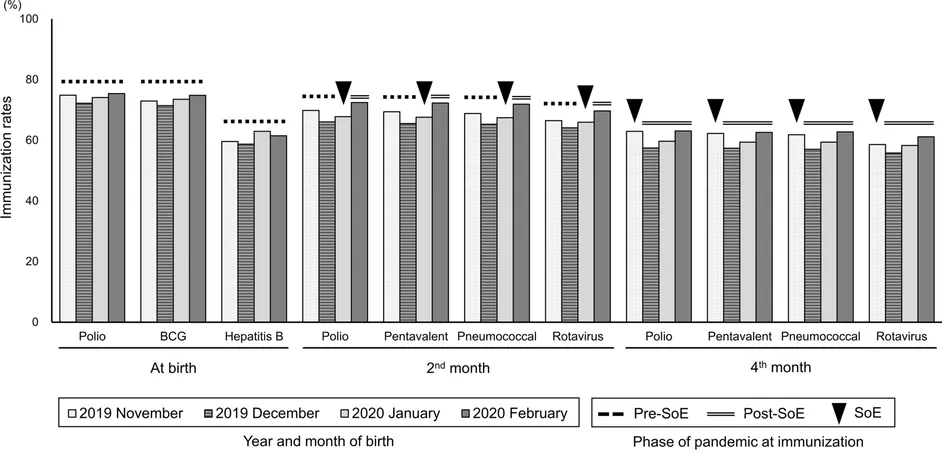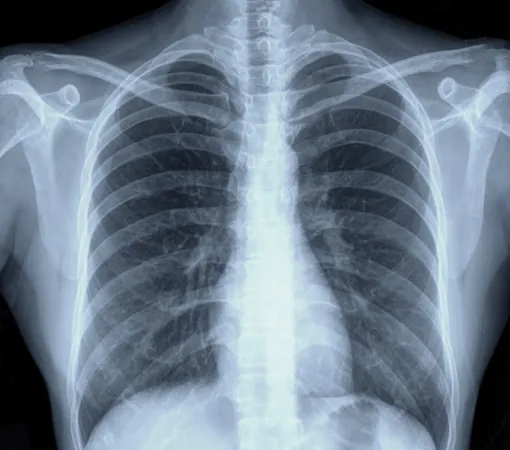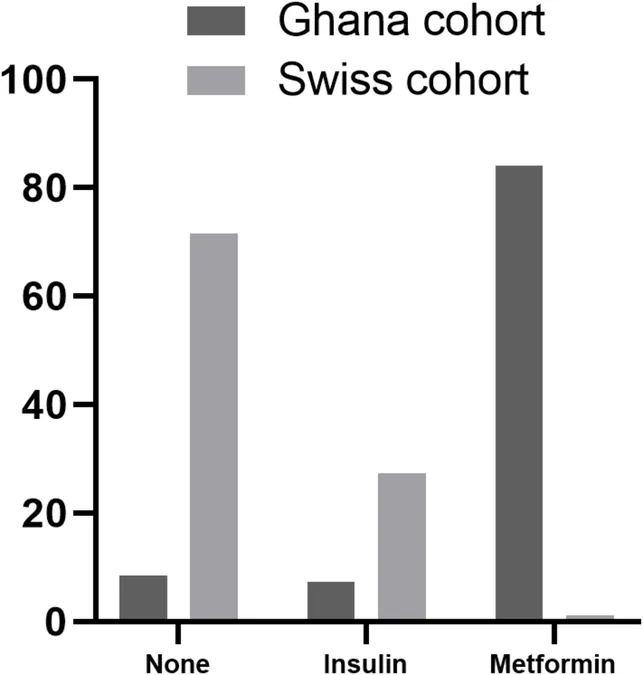
The Impact of Emergency Measures on Childhood Immunization Rates in Benguela Province, Angola During the COVID-19 Pandemic: A Closer Look
2025-01-14
Author: Jia
Introduction
The COVID-19 pandemic introduced unprecedented public health measures worldwide, significantly affecting routine health services, including childhood immunizations. In Angola's Benguela Province, a state of emergency (SoE) was declared on March 27, 2020. Researchers aimed to assess how this specific measure influenced the immunization rates among infants, comparing data from before and after the SoE.
Methods
The study involved a thorough analysis of immunization data for infants born between November 2019 and February 2020 in Benguela Province. Researchers calculated immunization rates for 11 essential vaccines administered from birth to the fourth month of life. By separating data into pre-SoE (before March 27, 2020) and post-SoE (after April 2020) groups, they could evaluate the effectiveness of the public health response.
Results
Among 9,595 infants studied, the results were promising: post-SoE immunization rates ranged from 71.9% to 77.8%, compared to the pre-SoE rates of 66.0% to 73.8%. Urban municipalities saw a significantly higher immunization rate (over 20% more) than rural areas. For example, while urban clinics ensured continuity of services, rural areas struggled, revealing a gap of 2.3% to 4.1% in immunizations in certain periods.
Vaccine unavailability was cited as the main reason for missed immunizations, comprising 19.9% of cases. Surprisingly, less than 10% of missed immunizations were directly attributed to the state of emergency, with the majority observed in rural regions where facilities faced access issues.
Conclusions
This study highlights the resilience of Benguela’s childhood immunization program in the face of the COVID-19 pandemic. Despite concerns about potential declines in immunization rates during public health emergencies, Benguela managed to maintain effective immunization coverage, suggesting that proactive government policies played a crucial role.
However, disparities between urban and rural areas were apparent, indicating the necessity for targeted support for vulnerable populations in rural locales. Enhanced catch-up immunization programs, especially tailored for these communities, could help mitigate the impacts of ongoing and future public health crises.
Childhood immunization is vital for protecting public health, and as the world continues to grapple with pandemics, understanding the dynamics between health policies and service delivery remains crucial for informed decision-making and effective immunization strategies moving forward.





 Brasil (PT)
Brasil (PT)
 Canada (EN)
Canada (EN)
 Chile (ES)
Chile (ES)
 Česko (CS)
Česko (CS)
 대한민국 (KO)
대한민국 (KO)
 España (ES)
España (ES)
 France (FR)
France (FR)
 Hong Kong (EN)
Hong Kong (EN)
 Italia (IT)
Italia (IT)
 日本 (JA)
日本 (JA)
 Magyarország (HU)
Magyarország (HU)
 Norge (NO)
Norge (NO)
 Polska (PL)
Polska (PL)
 Schweiz (DE)
Schweiz (DE)
 Singapore (EN)
Singapore (EN)
 Sverige (SV)
Sverige (SV)
 Suomi (FI)
Suomi (FI)
 Türkiye (TR)
Türkiye (TR)
 الإمارات العربية المتحدة (AR)
الإمارات العربية المتحدة (AR)